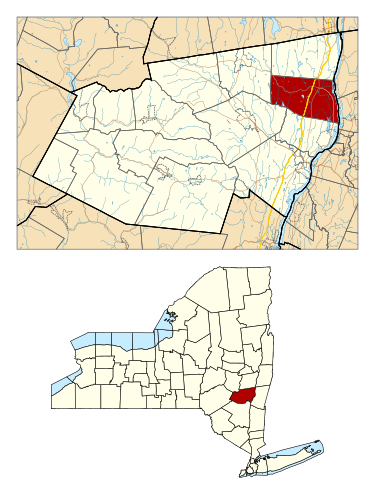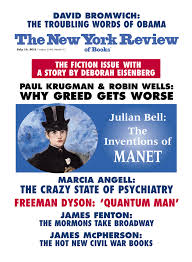Posts Tagged ‘ny’
Coxsackie is a Real City in New York State
Intellectualism at its Pointiest
As a dilettante of the second order, I occasionally glance at The New York Review of Books just to see how the other half lives. Alright, just to see how the other .00000000025% live. Except for Presidents giving a State of the Union Address, no one reads any more. Instead they troll for satisfying videos of some do-gooder giving a homeless guy $100 or an abandoned kitten being breast fed by a honey badger. I know I do. And I get it. Reading takes time and application. It’s proactive, but it is ultimately more rewarding and nourishing than idly surfing some video screen seeking temporary fulfillment. Well that’s as preachy as I’ll get because Wimp.com just posted a video of a Dolphin making oatmeal. That Dolphin happened to be former Miami Dolphin fullback Larry Csonka.
The NY Review of Books is bone dry and devoid of juicy gossip. If it were any drier it would spontaneously combust. It’s a narrow publication appealing to people who sometimes equate intellectual heft with spiritual awareness. The NY Review of Books is replete with bravura verbal muscularity and apposite aphorisms, soft as church music. However as comprehensive as it may be, the following words or ideas seem to creep into about half the articles or reviews. For example I’ve detected these recurring themes or phrases throughout the NY Review of Books:
-
- Sylvia Plath’s suicide changed nothing. She was still unhappy.
- So that was it. Jane immersed herself in English romantic poets as a means of coping with her intractable psoriasis.
- Harold’s homosexuality was known only to his wife, Ralph.
- All we had were parsnips. Fortunately all we wanted were parsnips.
- the Zionist experience of Jewish Semites
- the Jewish experience of Semitic Zionists
- the Semitic experience of Zionist Jews
- the influence of chivalric modalities in 12th century Hohoenzollern
- Marcel Proust would often mispronounce his name as “Proust.” Knowing that if anyone were to write about the event, no one would be able to know how Proust pronounced “Proust” in the first place.



